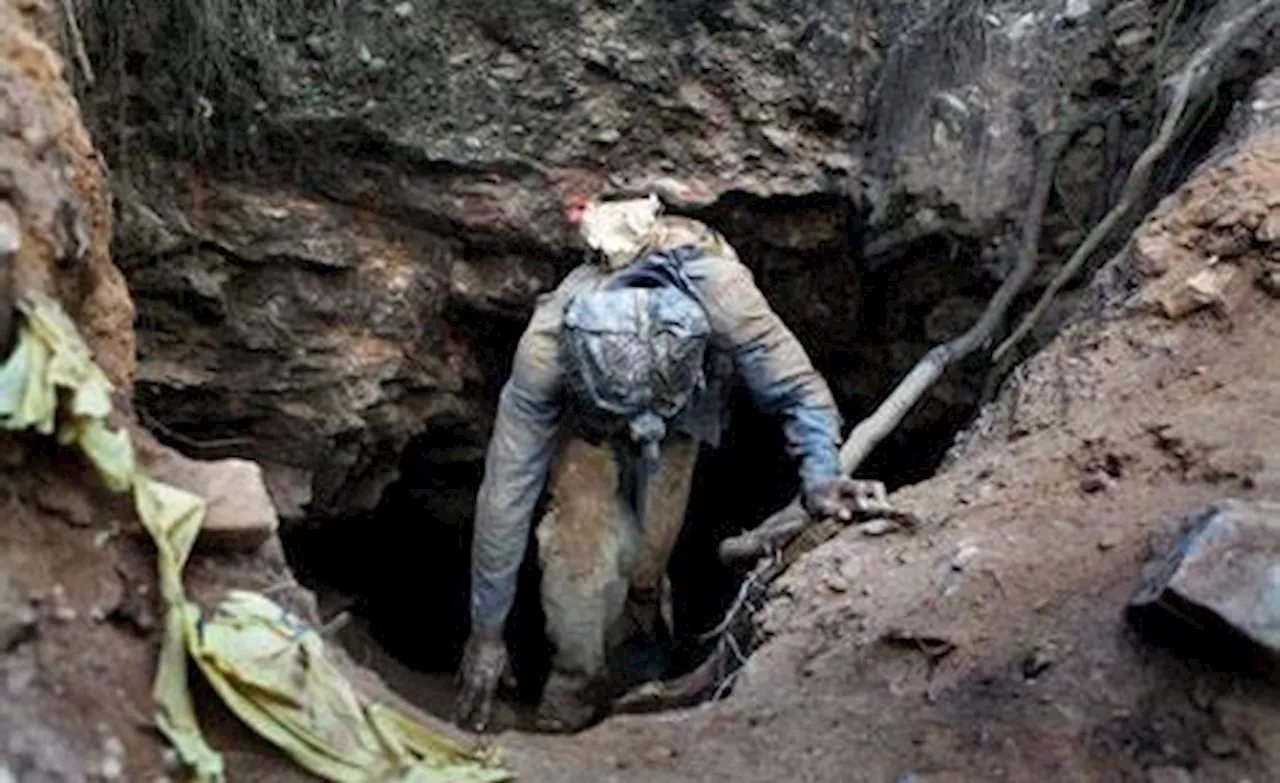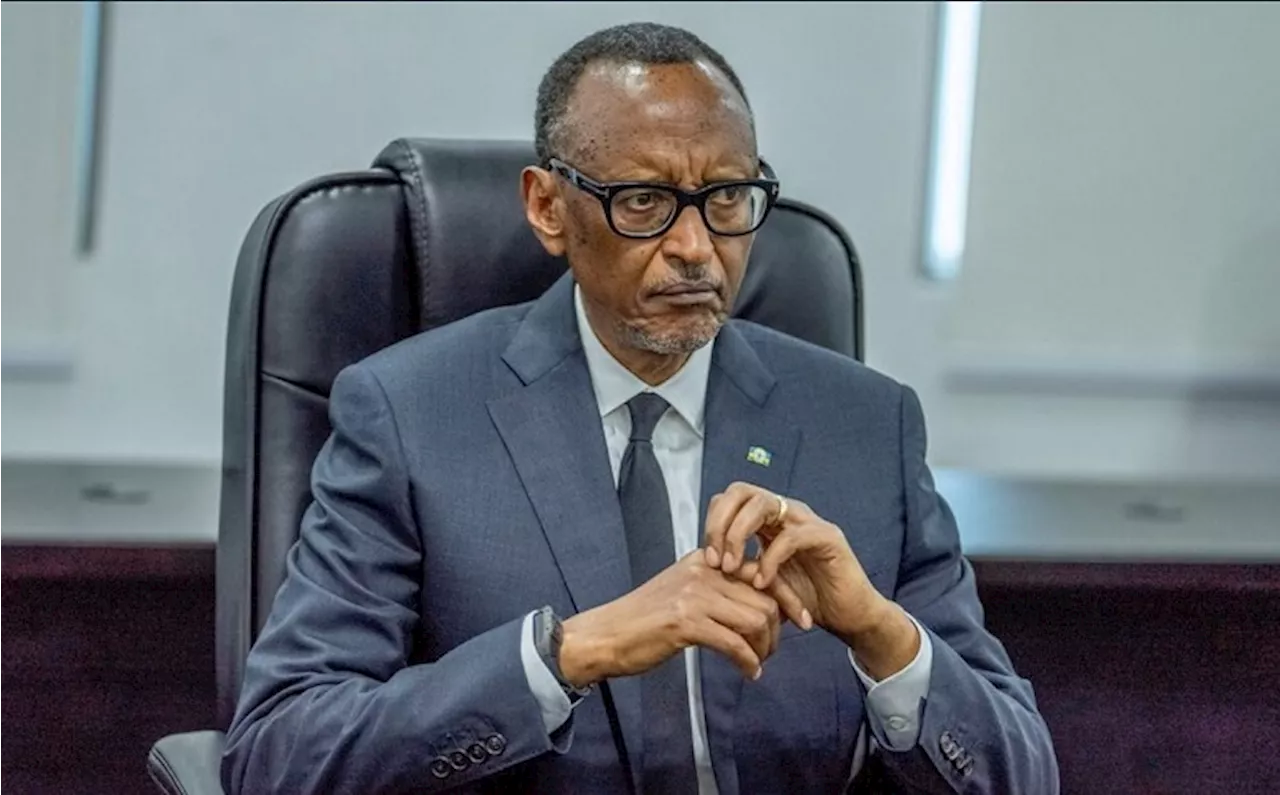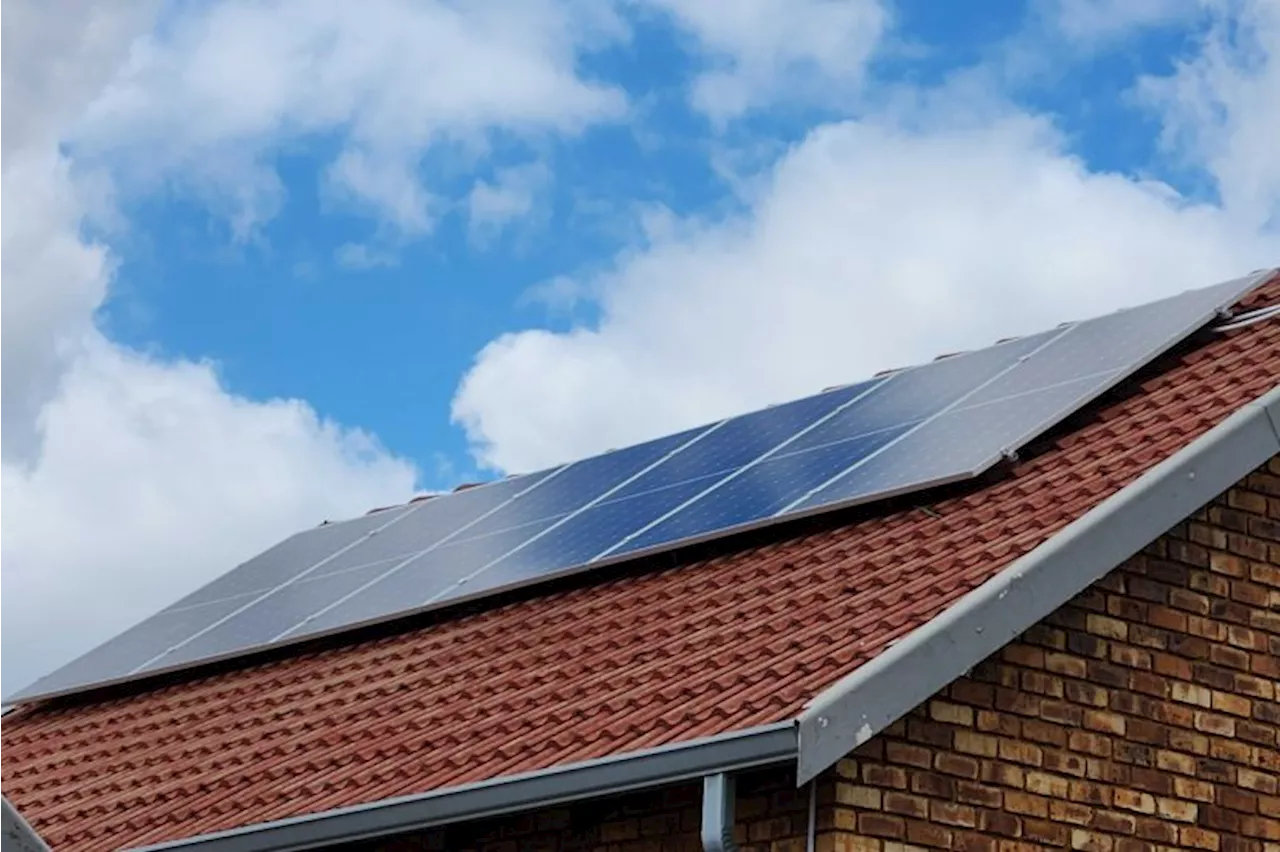Eskom, South Africa's national power utility, is facing a significant threat from declining electricity demand. This shift is driven by the South African economy's move towards less energy-intensive services, resulting in lower electricity sales for Eskom. The utility is grappling with factors like slowing economic growth, rising electricity prices, and the rise of alternative energy sources. As a result, Eskom must adapt to remain competitive in a changing energy landscape.
Eskom faces a significant threat from declining electricity demand in South Africa , with its historically energy-intensive economy shifting towards low-energy services.
These factors have combined to result in South Africa’s energy intensity declining. This means that it now takes less energy to create a unit of GDP in 2025 than it has previously. Yelland said the past two decades have been characterised by a shift away from mining-heavy manufacturing in South Africa to services such as banking and insurance and light manufacturing.
With these large electricity users reducing their operations in the country and, in some cases, shutting down, Eskom is faced with a declining customer base. “We are busy creating a competitive electricity market. There is a new Electricity Regulation Act which allows for an open market and that is going to be the new playing field,” he said.
Yelland said that Eskom will not completely disappear as it retains some advantages over new players, particularly its ability to provide large consumers with electricity.
ESKOM Electricity Demand South Africa Energy Efficiency Renewable Energy
South Africa Latest News, South Africa Headlines
Similar News:You can also read news stories similar to this one that we have collected from other news sources.
 South Africa: Death of Miners in South Africa a Government FailureRights groups are criticizing South Africa's government for failing to prevent what they call a 'massacre' at the Buffelsfontein mine, after security officials cut off food, water, and other essential supplies to miners trapped underground and delayed a rescue operation.
South Africa: Death of Miners in South Africa a Government FailureRights groups are criticizing South Africa's government for failing to prevent what they call a 'massacre' at the Buffelsfontein mine, after security officials cut off food, water, and other essential supplies to miners trapped underground and delayed a rescue operation.
Read more »
 Rwanda's Kagame: Ready for Confrontation with South Africa if NecessaryRwandan President Paul Kagame has asserted that Rwanda is prepared for a confrontation with South Africa should the situation necessitate it. Kagame's statement follows the recent escalation of fighting in the Democratic Republic of Congo (DRC), where 13 South African soldiers were killed. Kagame claims South Africa's military activities in the DRC were not properly disclosed and that Ramaphosa requested logistical support while simultaneously acknowledging South Africa's peace efforts. He further criticizes South Africa's role as a peacemaker and mediator, warning of a forceful response if South Africa seeks confrontation.
Rwanda's Kagame: Ready for Confrontation with South Africa if NecessaryRwandan President Paul Kagame has asserted that Rwanda is prepared for a confrontation with South Africa should the situation necessitate it. Kagame's statement follows the recent escalation of fighting in the Democratic Republic of Congo (DRC), where 13 South African soldiers were killed. Kagame claims South Africa's military activities in the DRC were not properly disclosed and that Ramaphosa requested logistical support while simultaneously acknowledging South Africa's peace efforts. He further criticizes South Africa's role as a peacemaker and mediator, warning of a forceful response if South Africa seeks confrontation.
Read more »
 Eskom Tariff Hikes Could Drive Solar Adoption in South AfricaEskom's planned tariff hikes in 2025, coupled with the decreasing cost of solar technology, are likely to incentivize more South African households to adopt off-grid solar power systems.
Eskom Tariff Hikes Could Drive Solar Adoption in South AfricaEskom's planned tariff hikes in 2025, coupled with the decreasing cost of solar technology, are likely to incentivize more South African households to adopt off-grid solar power systems.
Read more »
 South Africa's Electricity Prices Fuel Inflation and Eskom's woesElectricity price hikes in South Africa, consistently above inflation since 2008, have driven inflation and forced the Reserve Bank to maintain elevated interest rates. While inflation cooled in 2024, experts warn that structural drivers, particularly electricity tariffs, continue to put upward pressure on prices. Eskom's declining sales due to customers switching to alternative energy sources further exacerbate the situation, creating a potential death spiral for the utility.
South Africa's Electricity Prices Fuel Inflation and Eskom's woesElectricity price hikes in South Africa, consistently above inflation since 2008, have driven inflation and forced the Reserve Bank to maintain elevated interest rates. While inflation cooled in 2024, experts warn that structural drivers, particularly electricity tariffs, continue to put upward pressure on prices. Eskom's declining sales due to customers switching to alternative energy sources further exacerbate the situation, creating a potential death spiral for the utility.
Read more »
South Africa Not Yet Out of Load Shedding, Eskom CEO WarnsEskom CEO Dan Marokane warns of potential load shedding resurfacing if unplanned outages rise, despite 200 days without power cuts. Minister Ramokgopa assures progress is being made, but acknowledges ongoing challenges and potential setbacks.
Read more »
 Eskom Sets Deadline for Solar Installation Registration in South AfricaEskom, South Africa's power utility, has mandated that all grid-tied solar energy systems be registered by March 2026 to comply with legal requirements. The move aims to regulate the increasing popularity of solar installations and address concerns about grid stability and safety.
Eskom Sets Deadline for Solar Installation Registration in South AfricaEskom, South Africa's power utility, has mandated that all grid-tied solar energy systems be registered by March 2026 to comply with legal requirements. The move aims to regulate the increasing popularity of solar installations and address concerns about grid stability and safety.
Read more »
